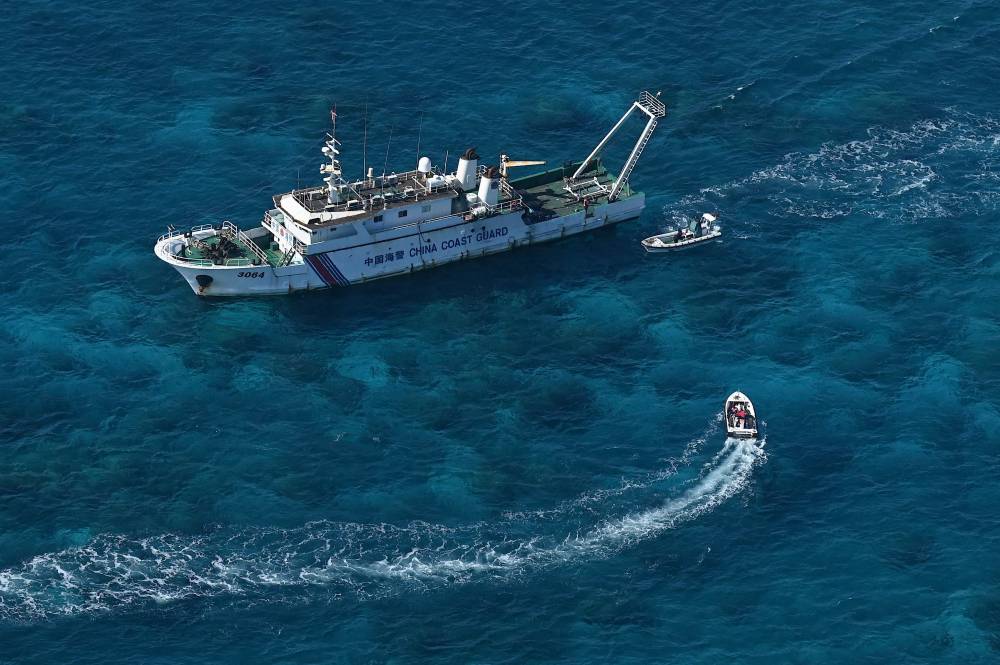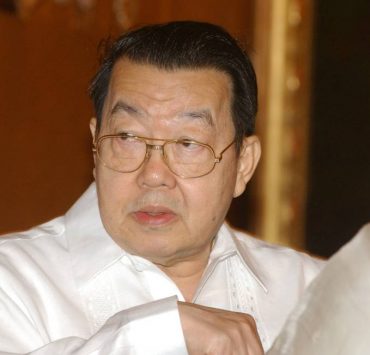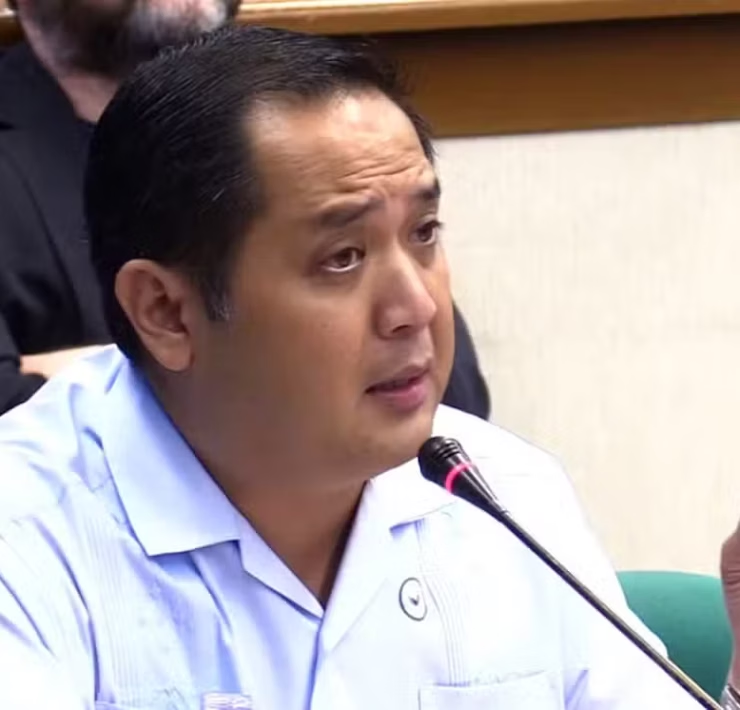China’s continuing lies

Offense is the best defense, so the saying goes.
That was the strategy the Chinese Embassy in Manila used when it responded to the statement of Philippine Ambassador to Washington Jose Manuel Romualdez in a recent diplomatic gathering about the conflict between the United States and China in this region.
Romualdez said that while the two countries view the South China Sea (SCS) and potential conflict over Taiwan as matters of serious concern, he believes the “real flashpoint is the West Philippine Sea (WPS)” given “all of these skirmishes happening there.”
He further stated that the Philippines was facing very real aggression in its territorial dispute over parts of the WPS that China has occupied.
In a coarse language characteristic of the Chinese Embassy, it took exception to Romualdez’s statements and called them “deplorable,” baseless accusation,” and “‘Sinophobia’ remarks.”
‘Economic coercion’It added that “China has always been committed to properly handling the South China Sea disputes with relevant parties through dialogue and consultations, while firmly safeguarding its territorial sovereignty and maritime rights and interests.”
In a fit of bluster, it further said: “Who invented ‘economic coercion’? Where did it originate? Who weaponizes economic power and gets addicted to sanctions? The questions are self-explanatory.”
To a person living under a rock who hears those words for the first time, he or she would probably get the impression that China is a peace-loving, benevolent, and law-abiding country.
Proper handling through dialogue and consultations?
The embassy had conveniently forgotten that dialogue and consultations about a code of conduct in the SCS between China and the Asean countries that have conflicting claims in that area started in 2002 and 22 years after are still hopelessly stalled.
Fait accompliWith the assistance of its marionettes in Laos and Cambodia, China has been able to delay the conclusion of that code of conduct by postponing discussions for months, reopening already resolved issues, and citing alleged interference of Western countries in the resolution of the dispute.
In the meantime, it militarized many of the islands and atolls in the disputed sea with the obvious intent of presenting the other claimants with a fait accompli that, through the use of coercive military and economic means, would make it next to impossible for them to overturn.
The embassy also asked: Who invented economic coercion?
It need not look far for the answer to that question. China had been doing that for years to countries that refuse to countenance its efforts to claim the SCS as its exclusive property.
And it does that by, among others, subjecting the exports of those countries to stringent, but unnecessary, requirements to make them more expensive or deteriorate to lose their value, or beguiling debtor countries into debt traps to enable it to control the latter’s otherwise sovereign acts.
BRP Sierra MadreIn the Philippines, that economic coercion is shown in the way China’s coast guard vessels and maritime militia have repeatedly prevented or made life difficult for Filipino fishermen when they go to their traditional fishing grounds at Bajo de Masinloc or Scarborough Shoal.
Those coercive acts get worse when the Armed Forces of the Philippines conducts its periodic rotation and provisioning of the soldiers stationed at the BRP Sierra Madre at the Ayungin Shoal, which is a symbol of the Philippines’ sovereignty over that important slice of land.
Last Monday, a Philippine vessel that was undertaking that operation was subjected to dangerous maneuvers by Chinese coast guards vessels that resulted in structural damages and injuries to four Filipino crew men.
At the rate Chinese vessels and their maritime militia support have been engaging in reckless movements in the disputed areas, it would just be a matter of time before something untoward or serious happens to any of the vessels involved in that operation.
Geopolitical implicationsAlthough standing up to the aggressive behavior of China is difficult and fraught with adverse economic and geopolitical implications, the Philippines cannot back down from asserting its sovereignty in all land and maritime areas that are properly under its sovereignty.
As the support of the international community is critical in this endeavor, President Marcos is on the right track in engaging in cooperative military alliances with other countries other than the US, the Philippines’ traditional ally.
The Chinese Embassy’s frantic reaction to Romualdez’s truthful appreciation of the events in the WPS brings to mind the unorthodox definition of an ambassador—a person sent abroad to lie for his or her country.
The description fits it and more.




















